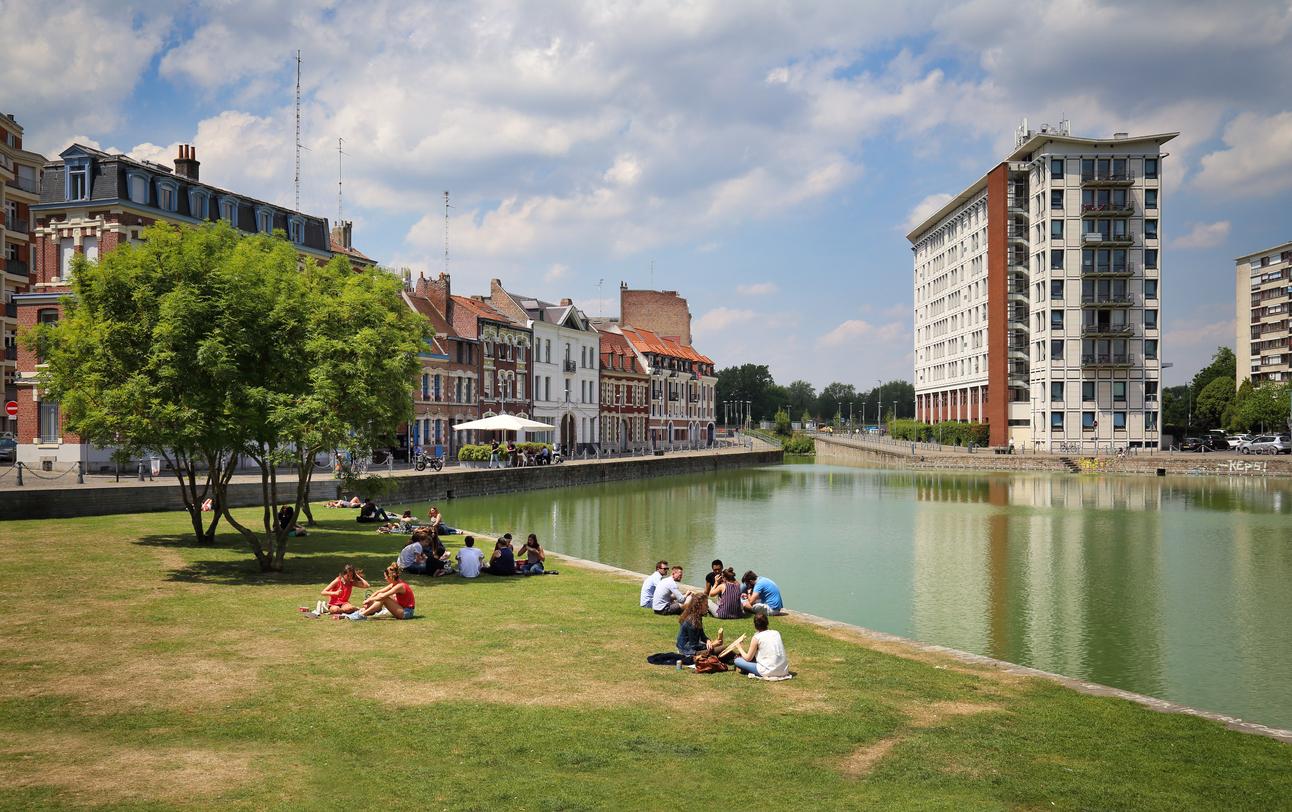The Lyon metropolitan area will be the first in Europe to ban the use of diesel vehicles throughout its metropolitan area, while they still represent nearly 60% of the car fleet. According to elected officials, this is the sine qua non for improving air quality … and protecting the population from the very harmful effects of fine particles and polluting gases emitted by these cars.
-1606737376.jpg)
- Lyon and its metropolis will prohibit in 2025 the access to diesel vehicles on the whole of the agglomeration.
- Road traffic and diesel vehicles are responsible for fine particles that remain suspended in the air. They cause cardiovascular and pulmonary diseases and reduce life expectancy.
- In France, 58.7% of the car fleet is still equipped with diesel engines
The days when diesel had the wind in its sails in France are over. He is even on his way to becoming an outcast. The president of the metropolis of Lyon, Bruno Bernard (EELV), who campaigned in the 2020 metropolitan elections by focusing his mandate on air quality, wants to go further to allow as many people as possible to breathe better: From 2025, Lyon and its metropolis will ban the use of diesel vehicles throughout the conurbation.
Volkswagen’s coup de grace
After the two oil shocks of 1973 and 1979, the tricolor automobile industry had lost its luster. To prevent Renault and the PSA group from massive layoffs, the government, from the 1980s, encouraged the sale of diesel vehicles that were less expensive to use. This resulted in incentives, especially at the pump, with fuel prices cheaper than gasoline. At the time, the risks of pollution and its harmful effects on health were not known. It is thanks to this boost that diesel vehicles have become permanently established in the French landscape.
In 2012, the classification of diesel vehicles as “certain carcinogens” by the World Health Organization (WHO) motivated the public authorities to review their copy. Three years later, it was the dieselgate scandal of the car manufacturer Volkswagen, which admitted to having knowingly tampered with the certification tests for these engines to minimize the rate of polluting emissions, which definitively sealed the fate of diesel vehicles. The signing of the Paris climate agreements a few months later will definitely change the situation.
Indeed, diesel vehicles are accused of emitting nitrogen dioxide and monoxide, gases that irritate the respiratory system. Above all, they massively reject fine particles classified as carcinogenic to humans by the International Agency for Research on Cancer (IARC). Because of their small size (PM2.5 has a diameter of less than 2.5 micrometers), these particles remain suspended in the air and infiltrate very far into the lungs when they are breathed in.
Lethal releases for health
Lyon and certain towns in its agglomeration are already part of the convention governing low-emission zones (ZFE). Within this perimeter, access to the city is based on Crit’air vignettes, which only allow entry, parking and circulation of the least polluting vehicles. By purely and simply banning diesel vehicles, the president of the Métropole de Lyon is hitting hard. In return, in order not to harm its citizens, it undertakes to develop the public transport offer, to make it free for the most modest, as well as to develop infrastructures for soft mobility, such as walking or the bike.
Air quality is a major public health issue worldwide. In Europe alone, 13% of deaths are due to pollution. In France, air pollution kills 50,000 people every year. If companies are among the biggest emitters of atmospheric pollutants, automobile traffic is not left out. Because of its harmfulness and its suspension in the air, fine particle pollution is accused of reducing the life expectancy of people who breathe it, of causing premature death and of increasing the risk of cardiovascular disease. In a report published a few months ago, the WHO even indicated that compliance with standards on clean air could save 140,000 people.
.














